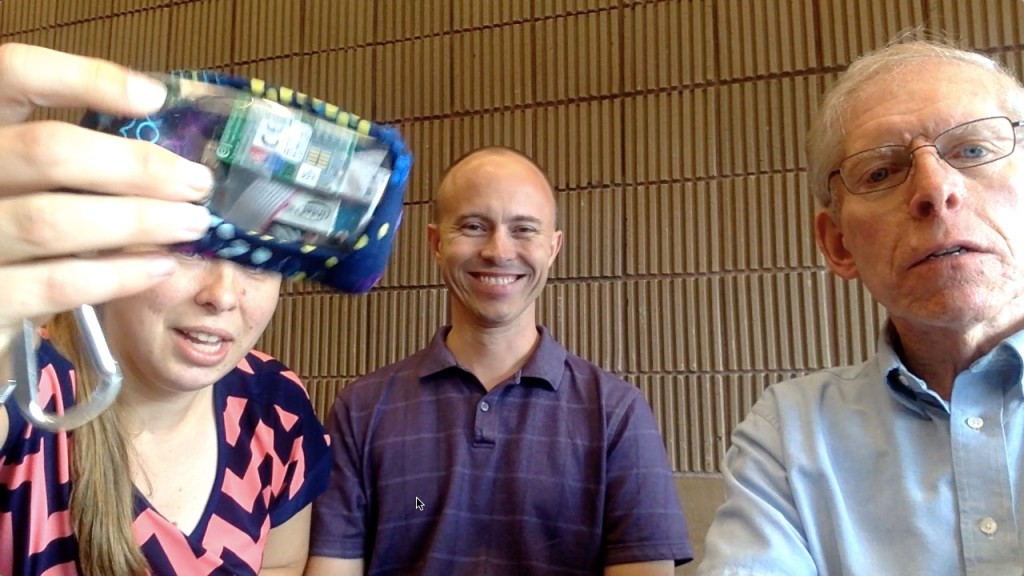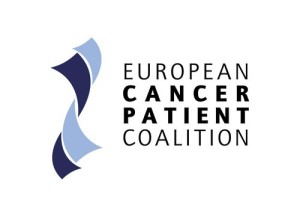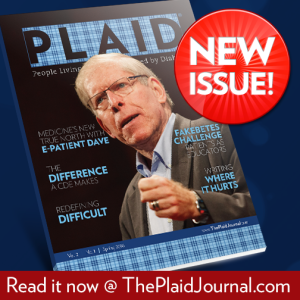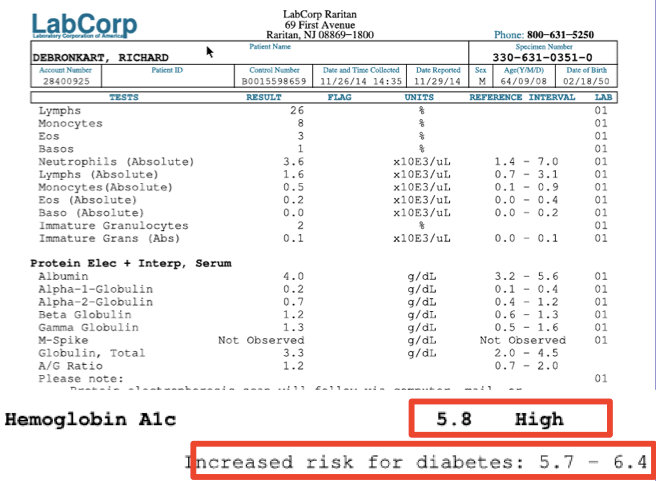If you can’t see the video above, click to watch it on Vimeo.
One of my favorite sayings about digital health is “When assets digitize, things change fast.” The point is that once information (or anything else, even fonts) goes digital it can suddenly be hundreds of times faster to develop new things. In health and care, a special kind of liberation becomes possible: if the person who has the problem can suddenly invent things, what becomes possible?
I’m at my first-ever diabetes convention, the American Diabetes Association’s 76th annual Scientific Sessions. I’ve written before about @DanaMLewis and husband @ScottLeibrand of OpenAPS.org, the open-source Open Artificial Pancreas System project. (Most recent was this on this site “When assets digitize, things change fast”: the #OpenAPS do-it-yourself pancreas and this amazing speech last month on e-patients.net.)
Did you know it’s not unusual for a basically health person with diabetes to die in their sleep? I never heard that until I got to know people in the DOC (diabetes online community). (Amazing what happens when you talk to the person who has the problem, eh?) That’s why I want awareness of what diabetes is, and awareness of this amazing project, to spread way beyond the usual diabetes community.
So early in this interview I ask Dana to briefly explain what the pancreas does, why it does it, and what goes wrong if it doesn’t work, which (I assure you) will lead you to understand why people with this disease might say “WeAreNotWaiting.” (If you don’t know that phrase, google it.)



 This is a quick first post to get this online before the meeting finishes. I hope to add more notes below.
This is a quick first post to get this online before the meeting finishes. I hope to add more notes below.


